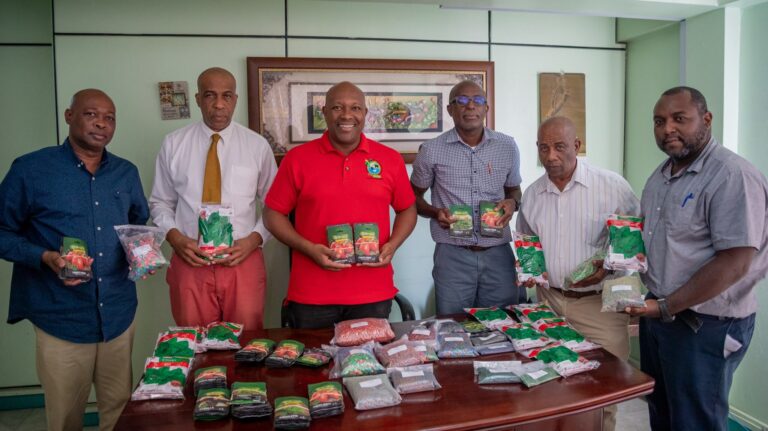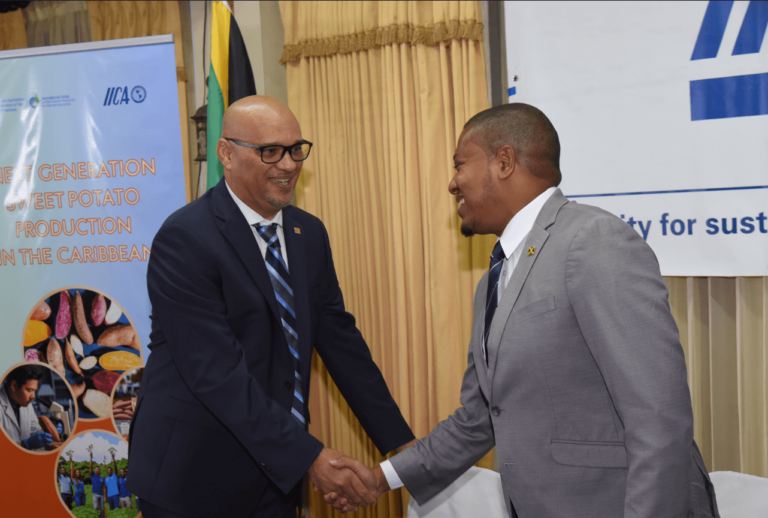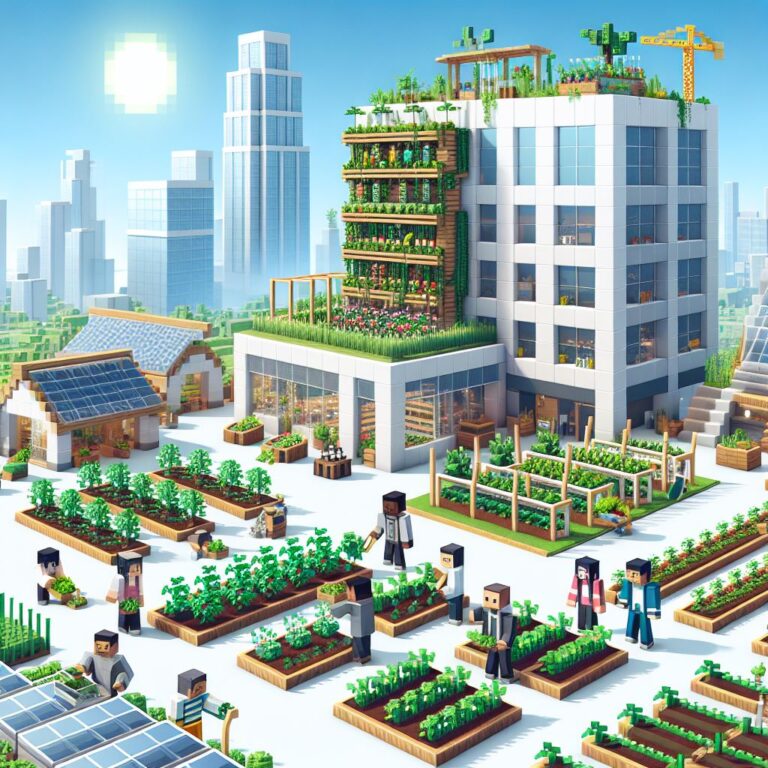Hemispheric forum on agricultural research will adopt a regional position on priorities for innovation in agriculture, in advance of a global meeting on the same topic.

Lima, Peru, August 16, 2012 (IICA). With a view to promoting the development of innovations, especially those that can be used by small-scale farmers, some 250 researchers will participate in the Sixth International Meeting of the Forum for the Americas on Agricultural Research and Technology Development (FORAGRO), to be held in Lima from August 21-23.
Two goals of the meeting are to define a research and innovation agenda for family agriculture in Latin America and the Caribbean, with the year 2030 in mind, and to foster debate on topics such as bioeconomy, knowledge management, partnerships to strengthen extension services, and the role of women in the development of technology.
Victor M. Villalobos, Director General of the Inter-American Institute for Cooperation on Agriculture (IICA), said “This event is taking place as the Institute celebrates its 70th anniversary, a time when agriculture has again become a priority on the agendas of international development fora, considering the important contribution that the sector makes to food security worldwide, and the urgent need for the sector to mitigate the effects of and adapt to climate change.
The Institute serves as the Technical Secretariat of FORAGRO, which comprises the agricultural innovation programs of the countries of IICA’s Northern, Central, Caribbean, Southern and Andean regions, which, in turn, bring together the innovation systems in each country, including universities, research institutions and science and technology councils.
The FORAGRO meeting in Lima is being organized by IICA and the National Agricultural Innovation Institute (INIA) of Peru, and its theme is More and Better Partnerships for Innovation in Family Farming in Latin America and the Caribbean.
According to Roberto Gonzalez, IICA Representative in Peru: “To place technology into the hands of those engaged in family agriculture will strengthen food security, providing the population with access to higher quality food.”
In addition, Juan Arturo Florez, Head of the INIA and President of FORAGRO, indicated that the transfer of technical and scientific advances to small-scale farmers is one way to support social inclusion.
On August 21, the Director of General of IICA will participate in the inauguration of the meeting, speaking on major agrifood challenges that the countries of Latin America and the Caribbean will face in the coming decades, including how to make sound use of natural resources, especially water and soil, and to secure greater public and private investment in agriculture.
The meeting is also expected to yield a strategy for strengthening the national agricultural research institutes in Latin America and the Caribbean, and an agreement on a hemispheric position to take to the Second Global Conference on Agricultural Research for Development, GCARD2, to be held in Punta del Este, Uruguay, in October of this year.
The Global Forum for Agricultural Research (GFAR), to which FORAGRO belongs, is organizing the GCARD2. GFAR’s goal is to ensure that research has the greatest possible impact on people and improves their lives.
For more information, contact:
roberto.gonzalez@iica.int










